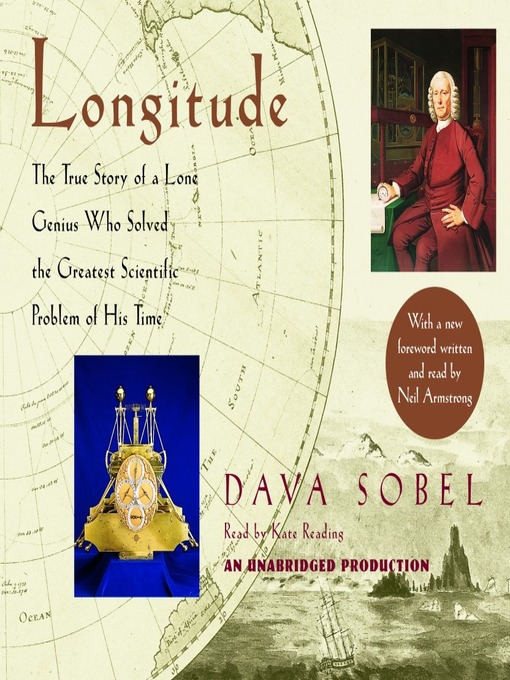- Available now
- New eBook additions
- New kids additions
- New teen additions
- Most popular
- Try something different
- See all
- Available now
- New audiobook additions
- New kids additions
- New teen additions
- Most popular
- Try something different
- See all
- Golden Dome Book Award 2024-2025
- The Red Clover Book Award 2024-2025
- Green Mountain Book Award 2024-2025
- Green Mountain Book Award 2023-2024
- Vermont Golden Dome Book Award 2023-2024
- Red Clover Book Award 2023-2024
- Vermont Golden Dome Book Award Master List 2022-2023
- Green Mountain Book Award 2022-2023
- Green Mountain Book Award 2021-2022
- Vermont Golden Dome Book Award Master List 2021-2022
- Dorothy Canfield Fisher 2019-2020
- Dorothy Canfield Fisher 2018-2019
- Green Mountain Book Award 2017-2018
- See all


